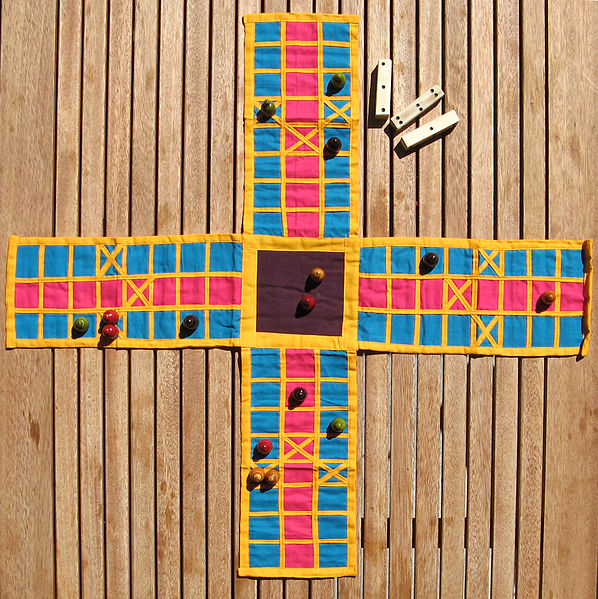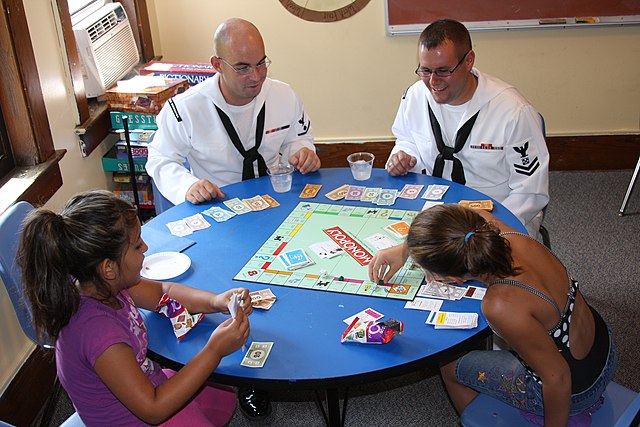Infinite photos and videos for every Wiki article ·
Find something interesting to watch in seconds
British Monarchs
World Banknotes
Celebrities
Largest Palaces
Ancient Marvels
History by Country
Presidents
Rare Coins
Best Campuses
Great Artists
Supercars
Tallest Buildings
Sports
Largest Empires
Famous Castles
Wonders of Nature
Recovered Treasures
Animals
Richest US Counties
Orders and Medals
Wars and Battles
Kings of France
Great Cities
Crown Jewels
Countries of the World
Great Museums
more top lists








